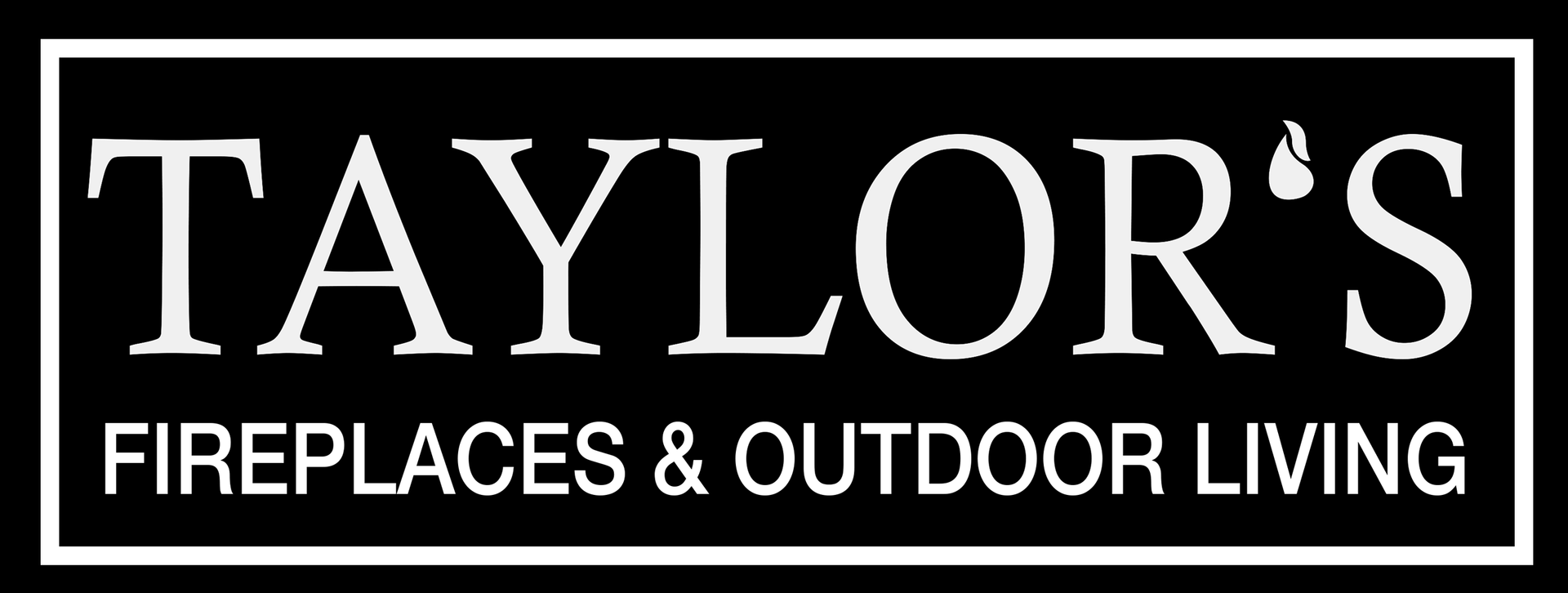Frequently Asked Questions
Founded in 1995 | Visit Our Showroom
Founded in 1995
Visit Our Showroom
Hours:
Taylor's Hearth & Leisure FAQ
Have a fireplace-related question? We have the answer. Check out these FAQs and give us a call today for more information!
Gas & Electric Fireplace FAQ – Long Island Homeowners Guide
-
1. What’s the difference between a gas fireplace and an electric fireplace?
Gas fireplaces use natural gas or propane to create real flames and heat, while electric fireplaces use LED lights and heating elements to simulate fire. Electric options are vent-free and easy to install, making them popular for Long Island homes and condos.
Call our fireplace store today to see what options we have available!
-
2. Which type of fireplace is better for my home?
It depends on your goals. Gas fireplaces offer real flame realism and higher heat output, while electric fireplaces provide easy installation, low maintenance, and year-round ambiance.
Need more information? As one of the premier fireplace stores in the area, Taylor’s Hearth & Leisure can help you find what you need!
-
3. Do gas or electric fireplaces need a chimney?
Gas fireplaces may require venting depending on the model, but electric fireplaces are 100% vent-free — perfect for homes without chimneys or for remodeling projects across New York.
Reach out to our fireplace store today for more information!
-
4. Can I install a fireplace in any room?
Electric fireplaces can go virtually anywhere with an outlet — living rooms, bedrooms, even basements. Gas fireplaces can be installed in most rooms too, as long as there’s access to a gas line and proper venting.
Did you know that, according to the EPA, replacing an old, inefficient wood fireplace can improve energy efficiency by 50%? Whether you're upgrading or looking for something new, our fireplace store has what you need!
-
5. Are fireplaces safe for children and pets?
Yes. Modern gas fireplaces come with safety screens and sensors, while electric units stay cool to the touch. Always follow manufacturer safety guidelines.
Visit our fireplace store to find the right fireplace for your family's needs!
-
6. Do gas fireplaces provide real heat?
Yes, gas fireplaces generate real heat using natural gas or propane and can efficiently warm large spaces, making them ideal for Long Island winters.
Looking to purchase a gas fireplace from Taylor’s Hearth & Leisure? Call our fireplace store today!
-
7. How efficient are gas fireplaces compared to wood-burning ones?
From our experience, gas fireplaces convert up to 70 to 90% of their fuel into usable heat, while wood fireplaces average only 10 to 20%. They also burn cleaner with fewer emissions.
For more information, reach out to one of the top fireplace stores around!
-
8. Can I control the flame or heat on a gas fireplace?
Yes. Many models include remotes or smart controls so you can adjust flame height, temperature, and even LED accent lighting.
Visit our fireplace store or call Taylor’s Hearth & Leisure today to find the best fireplace options for your home!
-
9. Do I need professional installation for a gas fireplace?
Absolutely. Licensed professionals should always install gas lines and venting to meet New York safety codes.
As one of the top fireplace stores in the area, Taylor’s Hearth & Leisure can assist you with installations and more!
-
10. How often should I service a gas fireplace?
Once per year is recommended by our fireplace store. Annual inspections keep your unit safe, efficient, and ready for the colder months.
To schedule a service, reach out to Taylor’s Hearth & Leisure today!
-
11. Do electric fireplaces produce real heat?
Yes — most electric fireplaces provide up to 5,000 BTUs of supplemental heat, ideal for smaller rooms or zone heating.
-
12. Can I use an electric fireplace without heat?
Yes. The flame effect can operate independently, allowing you to enjoy the visual ambiance even in warmer weather.
-
13. Are electric fireplaces energy efficient?
Extremely. They convert nearly 100% of electricity into heat with no venting loss, which helps reduce energy waste.
-
14. What kind of maintenance do electric fireplaces need?
Very little. There are no vents, gas lines, or soot to clean — just occasional dusting and LED maintenance.
-
15. Can I mount an electric fireplace under my TV?
Yes — most wall-mounted electric fireplaces are designed to safely operate beneath TVs without overheating.
-
16. What styles do gas and electric fireplaces come in?
Choose from traditional log sets, modern linear designs, built-ins, inserts, and frameless units to match your Long Island home’s interior style.
-
17. How much does it cost to run a fireplace?
Electric fireplaces cost just pennies per hour to run. Gas fireplaces cost more but deliver higher BTU output and steady warmth.
-
18. Can I add a fireplace to an existing wall or renovation project?
Yes — both gas and electric fireplaces can be retrofitted. Electric units are easiest for remodels since they don’t need venting or gas hookups.
-
19. Do fireplaces add value to my home?
Yes. A beautiful, efficient fireplace adds comfort and resale appeal — a great selling point for New York buyers.
-
20. What’s the best fireplace option for apartments or condos?
Electric fireplaces are the top choice — they’re vent-free, code-compliant, and easy to install without permits or structural changes.

Share On: